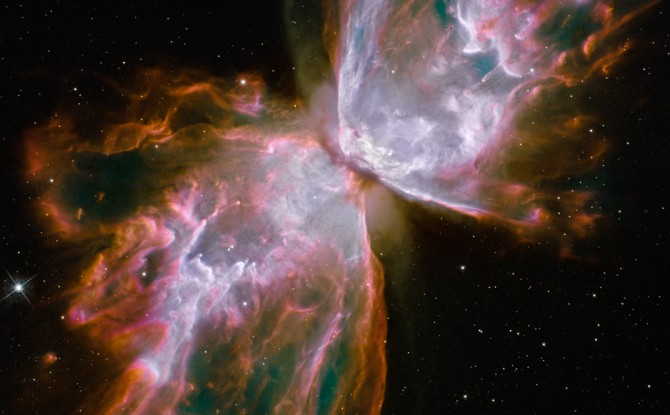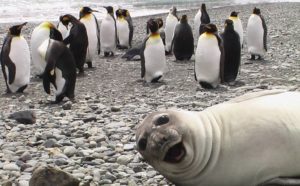Our Intention Focuses Our Attention
Every second of every day we are subject to thousands upon thousands of pieces of information hitting our senses. Our eyes see everything in their sphere of vision, near, far, in front of us, off to the side, out of the corner of our eye. Our ears hear everything, loud, quiet, near and far. High pitch, deep rumbles, everything. And so it goes on for smell and taste and for all that we touch.
What’s interesting is that in this rich soup of available information the human brain focuses on processing a limited number! First approximately 138 and then a further refinement down to 7+/-2 per second per second. That’s still a lot of information!
How and why is this important?
In simple terms, where we place our intention, focuses our attention, in other words what gets through to our brains both informs our map of the world in our heads and provides us with the data to make decisions.
Our ‘map of the world’, what do we mean by this? It’s our internal representation of the world we live in, we’ve taken the information, processed it to make sense of it, and settled on that’s how it is! It’s the reason why two people could go to a football match, watch the same game and broadly come away with the same outcome but have two totally different views on what they experienced. I suppose that may depend on which team they were supporting and the result!
Coming back to making decisions, our actions are dependent on what information we have considered important and relevant, because as our intention focuses our attention, we will not notice or pay attention to all other information. An example of this would be two people out for a walk. One’s intention although going out for a walk for some exercise is important, is intent on catching up with what friends have been up to, they spend time during the walk going through their social media, probably making sure that they keep going in the right direction, avoid tripping or falling over etc. The other person’s intention is to take in as much of their surroundings as they can during their walk. They spend time looking around the fields, watching out for birds and searching out those beautiful wild flowers they suspect are out there somewhere.
Once we are aware that it is us who decides intention, we can be more choiceful with our attention.
The next time someone is speaking to us, it may be worthwhile asking ourselves what’s our intention here, are we fully present in the conversation? Next time we are out, what are we possibly not noticing, that we could be if we choice to be wantonly curious? How much more can we enrich our own model of the world?



